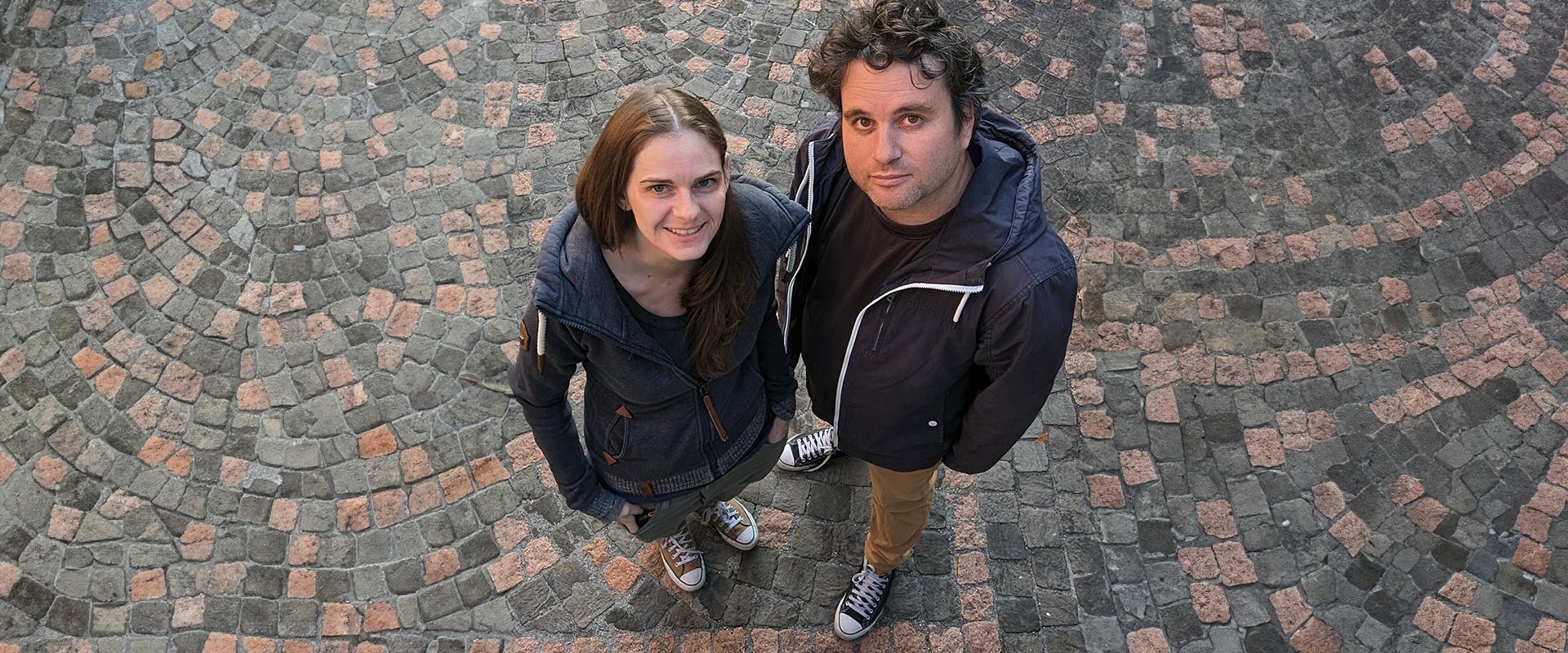November 24, 2023
How to keep the human factor in product design
Ekio, a start-up born from CSEM, emphasizes prioritizing the human factor in product design. Founders Mathilde Crettaz and Bastien De Marco advocate for integrating user-centric principles from the outset. They aim to bridge the gap between design and manufacturing, assisting companies in creating intuitive, user-friendly products. Ekio's expertise, particularly in medical products, sets it apart, catering to SMEs and start-ups.

Ekio founders Mathilde Crettaz and Bastien De Marco